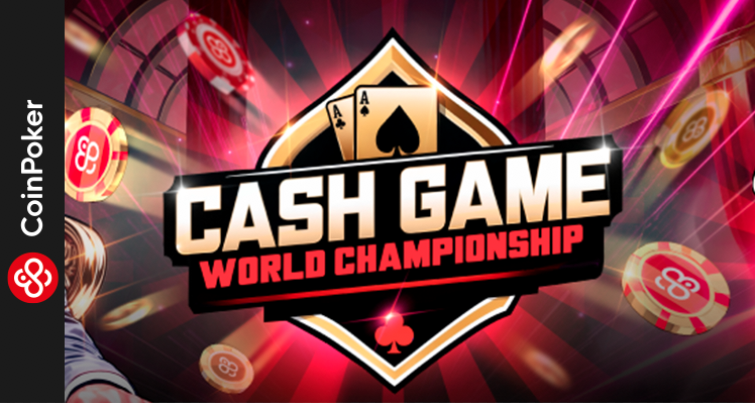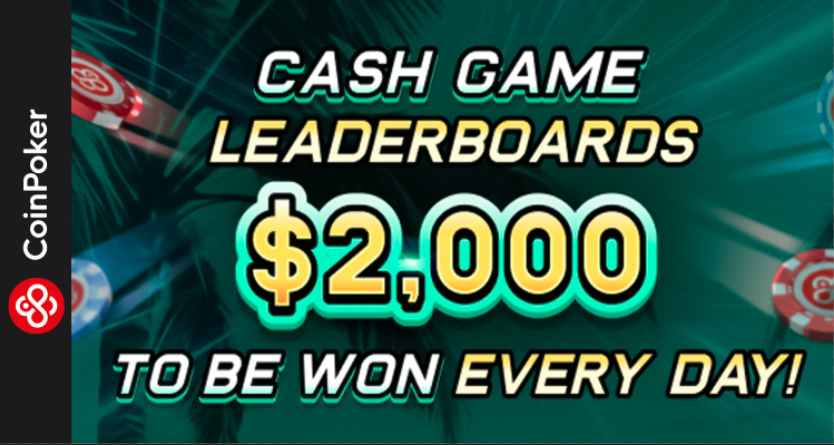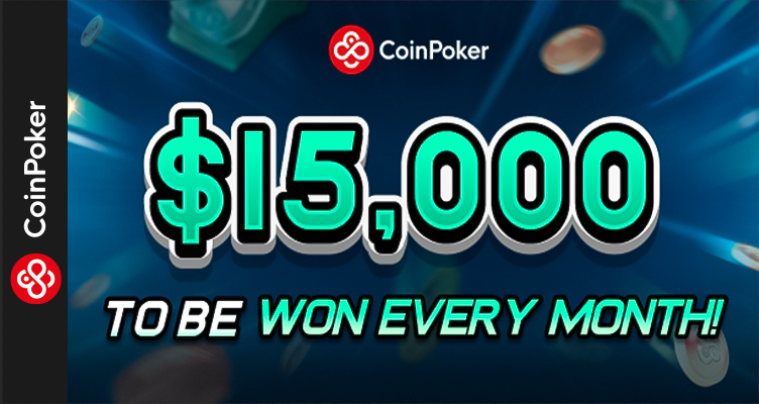

TIPS to improve your results in poker

First of all, lots of water and hydration, then:
Your mood will always influence your game. If you are tired, angry about personal issues or it just hasn't been a good day, don't hesitate: you shouldn't start playing at the tables. The minimum level of concentration with which one should sit at a poker table varies depending on the person, but even so, it is clear that it is necessary to be focused a minimum, before starting to ask for cards.
If for some reason you are just having a few moments of distraction or are having a hard time focusing on something, try to include a pre-poker routine that includes a few “little things” like exercise, meditation or visualization. The tables require patience and time, as well as trying to eat a diet based on healthy and balanced food, but, above all, you know: a lot of water.
Think and set realistic poker goals.
This sounds obvious, very obvious, but it is something in which all of us have "fallen" at some point.
Think about what you want from poker and set goals that are realistic, even if they are ambitious. Reflect on it, draw your plan and reflect again. What does that translate to in your game? What does that translate to in your time? What does that translate to in managing your bankroll? (the total amount of money we have earmarked for playing poker)
This is setting specific goals: that they are measurable, realistic and time-bound. By knowing what you want to achieve, you will know where to focus your efforts.
You should also spend time reflecting and thinking about the decisions you make when you are at the poker table. 15 seconds of reflection can mean a world on a table.
In online poker, you have a time bank for a reason, and it's not just to get on other players' nerves, but to give you time to reflect on what you have in hand, what's on the table, how the players have "talked" in the bets, how they "talked" or moved in previous hands, etc.
Poker is a dynamic game in which you must adapt to changes, but use time to your advantage. Playing on autopilot will never help you make the best decisions. The most common mistake that some beginning players make is to focus too much on winning a certain amount of money, which causes them not to optimize their way of playing.
It's best to avoid money goals in the first place and consider things you can control: how many hours you can study per week, complete poker courses, watch games online, how many hours you'll play, and how many big hands you review after a session
Keep learning, always.
Since when do you win...
Even when you scream because of a "bad beat".
The best poker players in the world are always perfecting their game and are open to learning new things at the tables. Perhaps this is the best approach to becoming a better poker player, but not all of us can spend that much time at the live tables, let alone.
You just need to watch poker broadcasts, access game data and exchange impressions with other players. And for that there is a whole world in the WWW.
Youtube, Discord, Twitch have a great archive of MTT and WPT events, as well as giving you contact and access to strong communities where you can interact with other poker players, review hand history and learn new strategies.
He improves mentally, a lot...
Finding your game and poker style is half the battle. No matter how many percentages you control, how much ability to read the table with or without cards, to calculate the odds, etc... Really, to be a true winner, you must overcome the mental pressures of a game as difficult as poker.
If you visualize yourself losing: That's likely what will happen when you sit down on the mat or walk into the virtual table.
While it is never possible to control our state 100%, we can and must constantly work to find the right mental atmosphere for our success. And this is a very personal search, for which you must always take the time to explore, reflect and improve.
Some advice in this line would be:
– You should do your best to learn from the mistakes of the game and not worry about other people's opinions about your game.
– Keep your ego aside: sometimes your self-esteem can overlap your confidence. Confidence can be articulated and controlled, through reflection. The ego and self-esteem, never.
– Stay positive. At the table, allow only positive emotions. This keeps your net emotional state above zero. Negative attitudes produce negative results. For example, anger and frustration increase your heart rate, blood pressure, adrenaline, and muscle tension. This can be exhausting, and it can take several hours to recover physically and mentally.
In short: believe in yourself above all else, without ego. Take your time to find your game, your goals and your rhythm, and above all, whatever you do at the poker tables… never stop hydrating.
You may also like

Life of cards, the ultimate documentary about poker
'Life of Cards' and Pro Poker Player Lifestyles A new documentary series on Insight Television in ultra high definition, Life of Cards, gives viewers the opportunity to witness the lives of 10 of p...

What is the valuff in poker?
It is common knowledge that every action, move, play or concept in poker has an English term to refer to it. It is a sport in which Shakespeare's language is very well established, a trend that pla...

Poker straddle and types of straddles
Straddles are a type of blind betting that takes place preflop. Straddles greatly encourage more action in the game, causing players to play a more aggressive strategy. However, they also interfere...













